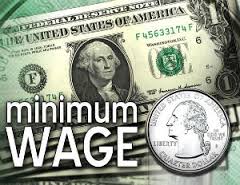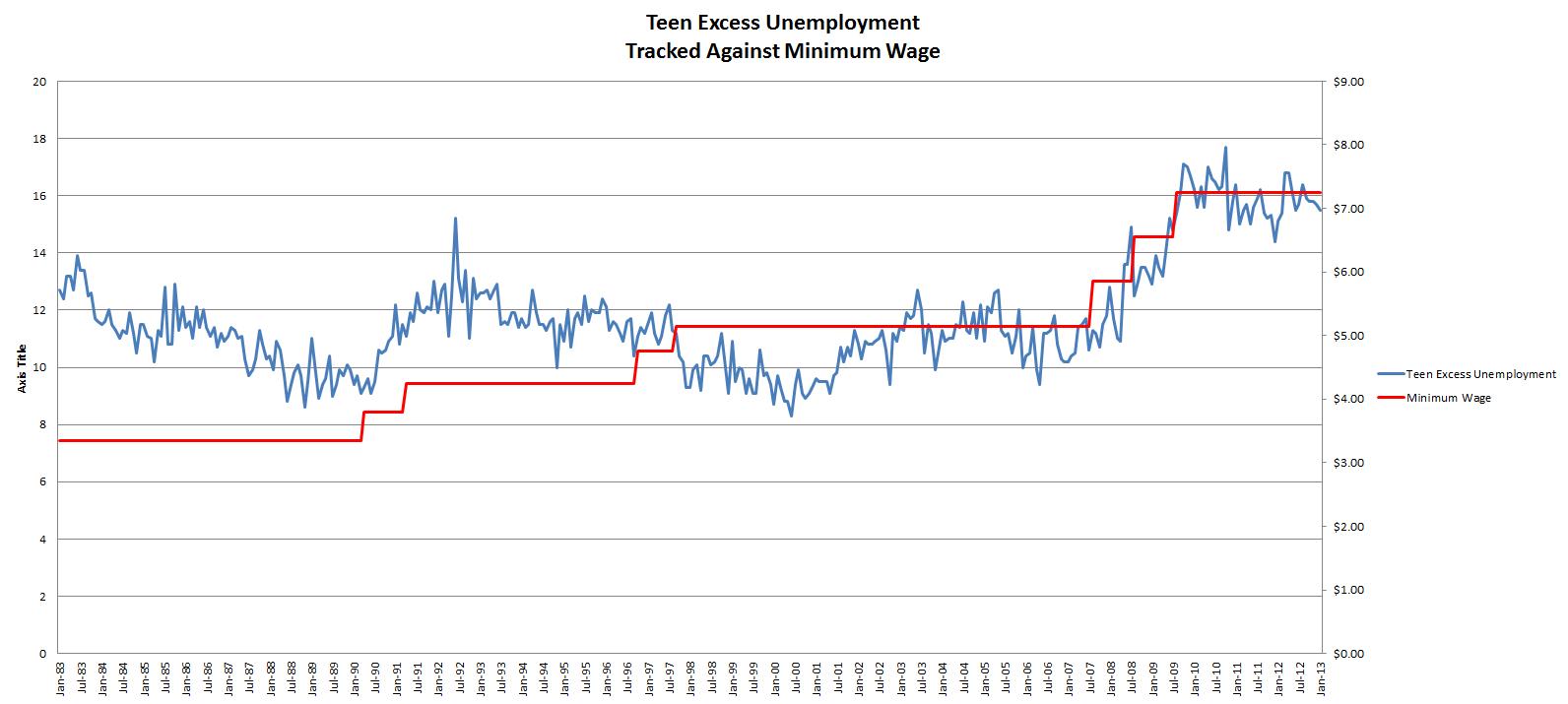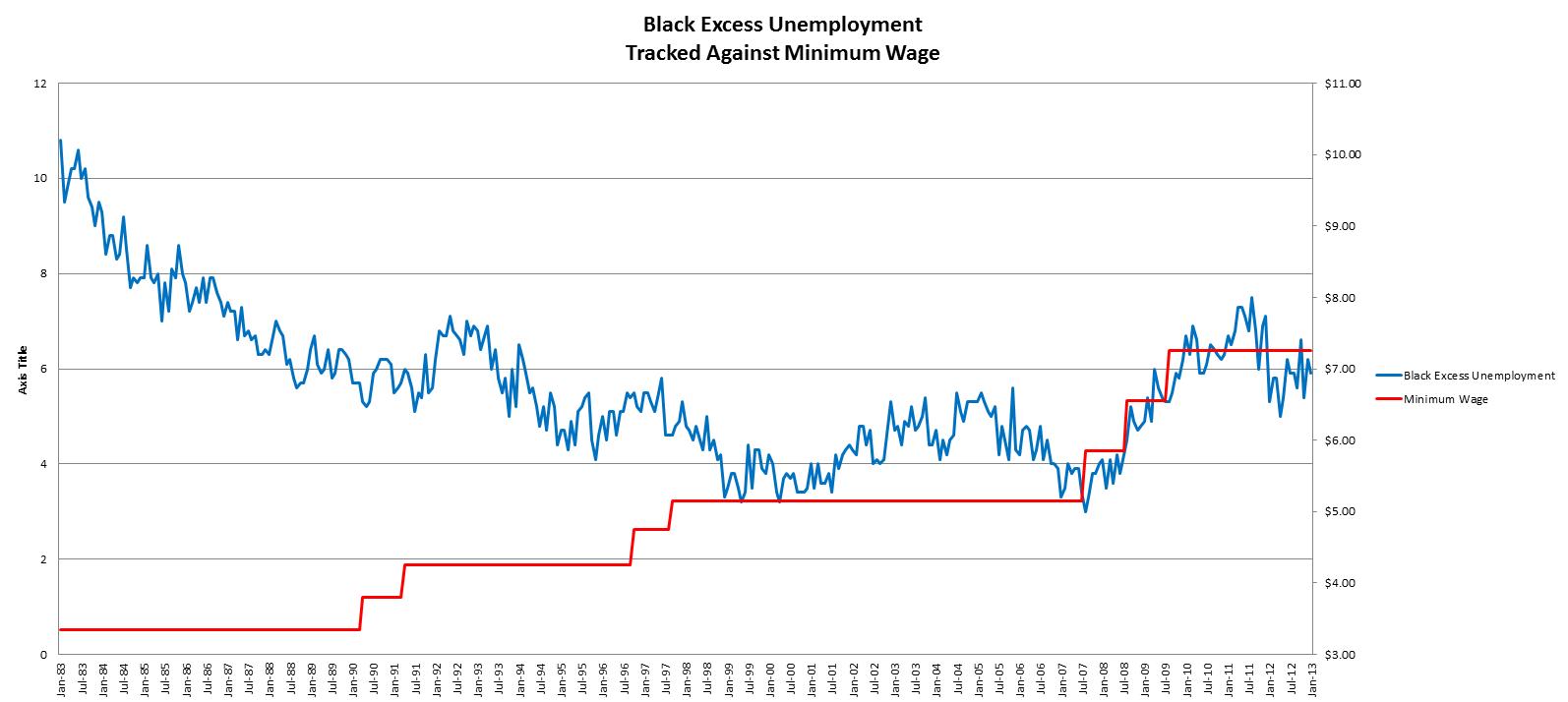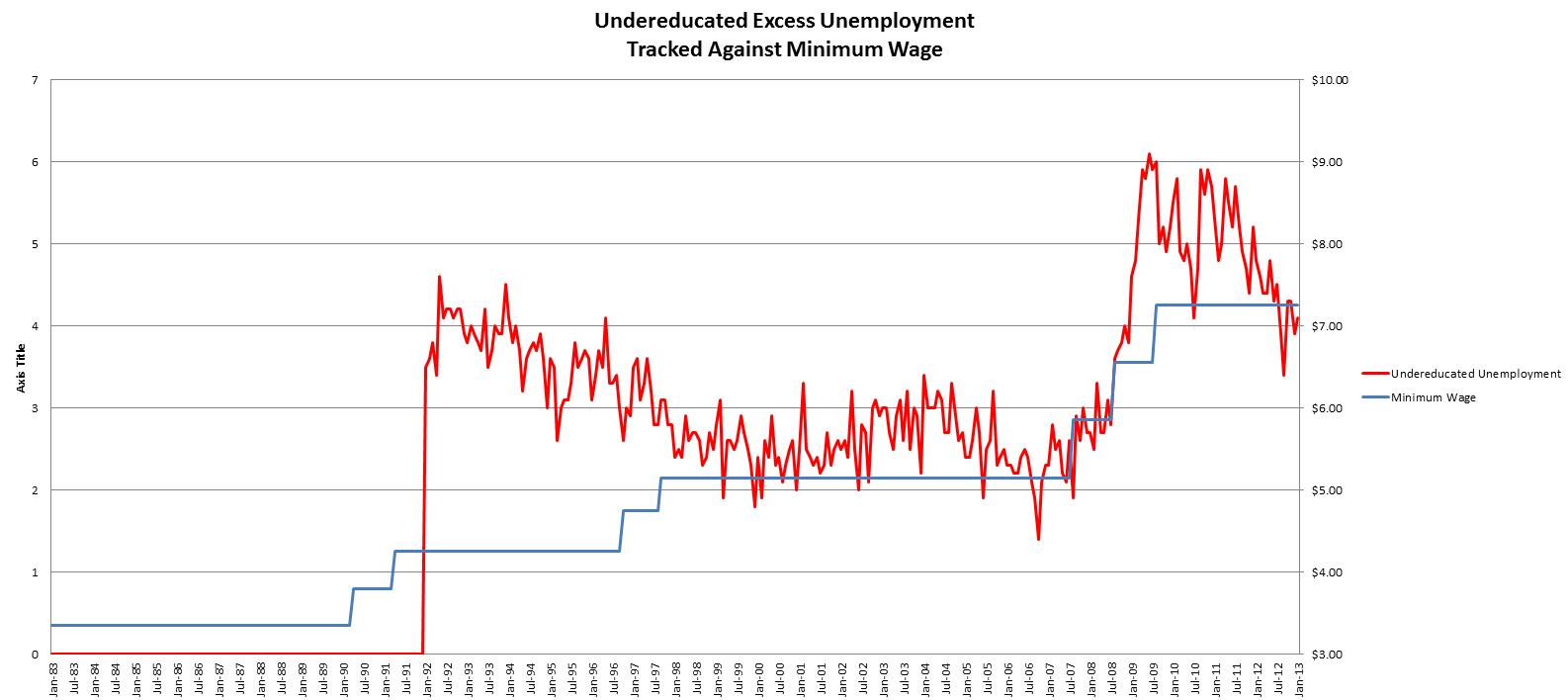Minimum Wage
As I mentioned recently, the conversation coming in 2014 politics is going to be the growing, or perceived notion of said growth, of the disparity in income:
You can already sense that the battle line are being formed for the 2014 debate in the lead-up to the November elections. For better or for worse, the republicans are going to talk about Obamacare and its roll-out while the democrats are going to shift to the middle class, wage stagnation and, perhaps, immigration.
Ignoring the political reasons for now, let’s focus on what I think will be the democrat’s main strategy to gain the upper hand: Income Inequality.
There is little doubt that Obama an the democrats wanna pivot from the absolute devastation that is Obamacare.
And part of that conversation is going to be an old Tar Heel Red favorite – the minimum wage.
What Is The Impact Of The Minimum Wage
To be sure, the folks in support of the minimum wage have the most noble intentions; they wanna be able to provide relief for vulnerable workers. But the real impact is the opposite:
That’s teen.
Here is black excess unemployment:
And finally under-educated:
This is the devastating impact of the minimum wage.
SeaTac Experiment
The debate has largely been theoretical; does the minimum wage impact employment or not?
Well, we may have a real world experiment on our hands:
On Jan. 1, an estimated 1,600 hotel and transportation workers in SeaTac, Wash., will see their pay jump to $15 an hour, a 60 percent increase from the state’s $9.32 minimum wage.
This is important for two reasons:
1. The increase is substantial – 60% is nothing to scoff at.
2. The increase is not being phased in – employers are being subject to the rise in wages without the benefit of inflation dimming the impact.
Some of the fall out?
While many workers look forward to the higher pay, employers are looking for ways to absorb the big increase in labor costs. Some plan on eliminating jobs.
“We’re going to be looking at making some serious cuts,” said Cedarbrook Lodge General Manager Scott Ostrander. “We’re going to be looking at reducing employee hours, reducing benefits and eliminating some positions.”
…
But not every employer is being so ambitious. One has told a trade group it is going to close one of its two restaurants, eliminating 200 jobs.
The plan has also caused Han Kim — who runs Hotel Concepts, a company that owns and manages 11 hotels in Washington state — to shelve plans to build a hotel in SeaTac. The company already has three hotels in SeaTac, and Kim and a business partner were looking to build a fourth on land they own.
Does this deter the supporters? Not at all:
“There may be a few jobs lost here and there, but the fact is, if we don’t fight for this, then the race to the bottom will continue,” Sawant said.
Fascinating. Glad I’m not an entry level worker in Seattle!





Back in the first week of December 2012, there were rallies across the country to raise the minimum wage of fast food workers to $15 per hour. I heard a spokesperson for the restaurant workers on NPR. He acknowledged that the rate increase would probably eliminate jobs. The fast food chains would likely switch to even more automation to control labor costs. The spokesperson was okay with that because at least the workers remaining would be making a better wage. That spokesperson was very correct. Maybe that would be a good thing. Maybe we should get rid of most fast food workers and transition those folks into more worthwhile careers. I don’t know what that new career choice would be, but lets move forth boldly into new territory.
The new career would be collecting unemployment or SSI.
The spokesperson was okay with that because at least the workers remaining would be making a better wage.
That is an element to the debate that I am beginning to warm to. In the larger picture, are ore people better off?
The other aspect to that is that the liberal will never EVER admit that it is due precisely to their own policies that the now unemployed worker is worse off. Instead, they will blame the rich and complain about this or that income disparity – ignoring the fact that not having an income leads to disparity.
Maybe we should get rid of most fast food workers and transition those folks into more worthwhile careers.
So, here’s the thing. If your career is fast food, there is a larger issue at hand. Fast food work is not MEANT to be a career; it’s meant to be an entry level role that teaches as much as it pays in dollars. It teaches how to show up on time, to achieve at a consistent level, to listen to customers and to really truly understand that this is no way to live.
I would never, EVER advise someone to raise a family on a fast food job. In fact, I tried buying a dog, a big dog, working in the food industry. I couldn’t afford the dog food and found a new hoe for her.